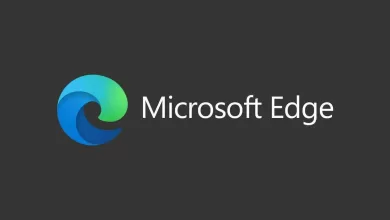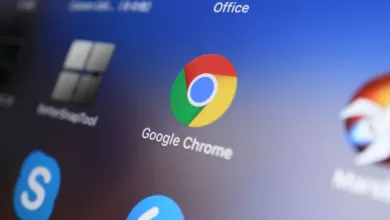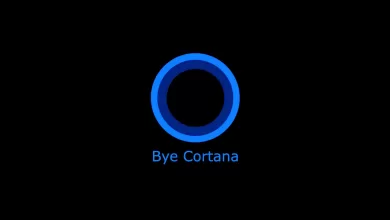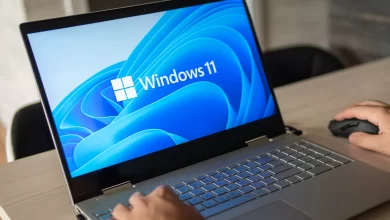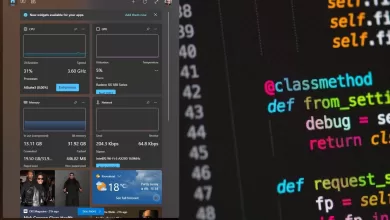Microsoft is hard at work on a new version of Teams. Microsoft Teams 2.0 launched in preview earlier this year on Windows, and it will soon be the default version of Teams on the platform. Additionally, the new Microsoft Teams will ship in preview to macOS, the web, and other platforms later this year.
The information comes courtesy of Petri’s UnplugIT podcast. In the first episode of the show, Microsoft Product Lead for Teams 2.0 Anupam Pattnaik discussed the revamped service and the company’s plans for the next version of Teams.
“Right now, the classic Teams is the default because we do not have all the features that we support in classic Teams in the new Teams,” said Pattnaik. “That’s the reason we have right now classic Teams as the default option, but sometime later this calendar year, we’ll make the new Teams the default option when we have feature parity, and when we feel confident that users can switch to the new Teams.”
“We plan to make the preview of the new Teams available to our Mac, VDI, and web users later this calendar year. We also do plan to roll it out to our other customer segments like EDU, and Government Cloud later this calendar year.”
Before the new Teams becomes the default on Windows, Microsoft will need to bring it to feature parity with Teams “classic.” For example, Breakout Rooms are not currently supported in the new Teams, but will be by the end of 2023, according to Pattnaik.
In addition to a revamped interface, the new Teams promises up to 3x faster installation, 2x faster launch times, and 1.7x quicker switching between chats and channels. Joining meetings should be up to 2x faster as well. Despite the performance increases, Teams 2.0 will use fewer system resources than its predecessor (up to 50% less memory and 70% less disk space).
